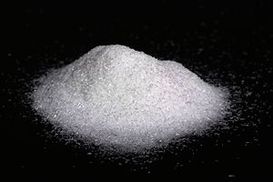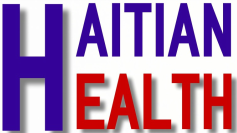 Monosodium glutamate (MSG) is the sodium salt of glutamic acid, an amino acid that is found in many protein-rich foods and involved in many physiological and metabolic functions in the human body [1,2,3]. Its artificial equivalent was invented in 1908 to be used as an additive to enhance food flavor [4]. Since then, monosodium glutamate (MSG) has been manufactured, marketed, sold, and consumed worldwide as a chemical seasoning in the homes, restaurants, and in processed foods [4]. Nowadays, most of the monosodium glutamate commonly found in seasonings (e.g., Maggi bouillon cubes and Accent powder) is produced by bacterial fermentation [5,6,7]. Worldwide, in recent decades, its production and consumption have steadily increased [3,8]. Although “several concerns about the safety of food additives”, particularly MSG, “exist among the general public and health professionals”, including the addition of “unwanted sodium to the diets of persons afflicted with hypertension”, monosodium glutamate has been considered safe under the Generally Recognized as Safe (GRAS) rule [9]. However, several recent studies have provided more documentation of the health effects and environmental hazards associated with the exposure to this chemical.
0 Comments
|
Mickelder Kercy, M.D. M.S.I learned about the art and science of medicine and was introduced to the community and population-based aspects of public health at the Université Notre Dame d'Haiti. My early practical interventions in the field of public health during medical residency in Haiti fostered my interest in pursuing additional academic training in public health. At Columbia University in the City of New York, I specialized in Public Health with a minor focus on Community Health Education. My special interest is in non-communicable chronic diseases, and the social-ecological approach to health education and promotion in secular and faith-based communities. Archives
October 2017
Categories
All
To subscribe to our blog and receive notifications of new posts by email
|


 RSS Feed
RSS Feed
